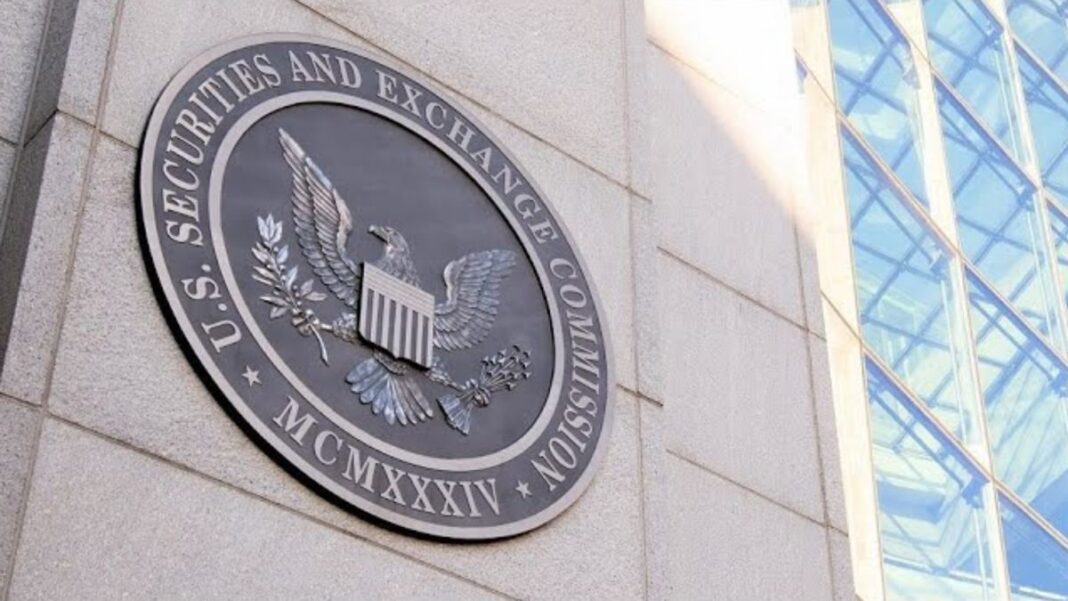The headlines tell the story: “US Christians Embrace Secularism in ‘post-Christian’ America.” From the Washington Post, “American secularism is growing — and growing more complicated ” The Atlantic reports, “Three Decades Ago, America Lost Its Religion. Why?”
It’s a frightening prospect, but that’s what the numbers say. And it is gaining momentum, reports Dr. Tracy Munsil, Executive Director | Cultural Research Center at Arizona Christian University. “American Christianity is undergoing a “post-Christian Reformation”— and rather than providing leadership and faithfulness in an age of moral decline, members of the majority of the nation’s major Christian groups are rapidly leaving biblical foundations behind and exchanging traditional theological beliefs for the culture’s secular values.”
But America is not alone in the advance of secularism. Britain is experiencing circumstances even more dire. The UK National Centre for Social Research reports that the percentage of people identifying as Christian has dropped below 40% for the first time since 1983. Spectator magazine says UK Church membership has declined from 10.6 million in 1930 to 5.5 million in 2010, or from 30% to 11.2% of the population. And Anglicanism is declining faster than any other major denomination, with a projected disappearance from Britain by 2033. British Social Attitudes reports only one in five people born since 1975 believe in God, and nearly half of younger adults in Britain qualify as atheists or agnostics.
So, what happened? What caused America and Britain to turn their backs on truth – on God?
If one looks back on the event, one could certainly call it a miracle, but what happened afterwards seems a bit counterintuitive. An obscure sect of Judaism undergoes centuries of persecution, only to become the very ground of European culture in the Middle Ages–and then to be relatively displaced by modern liberalism from what John Donne would call “a piece of the continent, a part of the main.” How is that possible?
The “Weber Hypothesis” is the answer typically encountered. Also known as the Protestant Ethic and the Spirit of Capitalism, it is a sociological theory proposed by 19th century German historian, Max Weber. His theory argues that the Protestant ethic, with its emphasis on individual salvation and the idea that one’s wealth was a sign of divine favor, created a sense of moral obligation to work hard and accumulate wealth. This, in turn, helped to create a culture that valued economic activity and entrepreneurship, which was essential for the development of capitalism.
Good answer, but Weber’s analysis explains the economics, entrepreneurship, and the moral obligation to work. It doesn’t explain the next step which Europe seems to have taken and which parts of Britain and America seem desirous to take–the step into modern liberal secularism. The answer to this riddle will surprise many and maybe disbelief in others. This essay will explain who’s responsible, how it occurred and where we are today.
Charles Taylor, professor emeritus at McGill University in Montreal, stridently responds to the problem: it is Christianity itself which should be held responsible for that next step.
Professor Taylor authored in 2007 his seminal work for which he is best known, A Secular Age. In this veritable tome of 900 pages, he analyzes Christianity’s decline from its heights in the Middle Ages—where disbelief was at your own peril—to today, where disbelief is not just without consequence – in certain quarters it is preferred.
In his provocative book, The Rivers North of the Future (2005), Canadian journalist David Cayley reflects upon the thoughts of Ivan Illich, one of the 20th century’s most insightful thinkers on social issues. Illich held that the West could only be understood as a sort of corruption of the Christian New Testament. The Church, he asserted, has become a template for the modern nation-state, and society, Illich argued, has become well ordered corruption under the guise of Christianity.
In the foreword to Cayley’s book Taylor comments affirmingly on Illich’s thought:
“It can be [argued] that Western modernity finds its original impetus in a “mutation” of Latin Christendom…from which the Church began to take with ultimate seriousness its power to shape and form people to the demands of the Gospel…
[It] was an attempt [by the Church] to…impose on everyone a more individually committed and Christocentric religion of devotion and action, and to suppress or even abolish older, supposedly ‘magical’ or ‘superstitious’ forms of collective ritual practice…
…This creation of a new, civilized, ‘polite’ order succeeded…and this in turn led to a new reading of what a Christian order might be, one which was seen more and more in ‘immanent’ terms. (The polite, civilized order is the Christian order.) This version of Christianity was shorn of much of its ‘transcendent’ content, and was thus open to a new departure, in which the understanding of the good order—what we would call the modern moral order—could be embraced outside its original theological, Providential framework, and in certain cases even against it (as by Voltaire, Edward Gibbon, and in another way David Hume).”
But it seems that the effort to create a well ordered Christian culture produced instead, a well ordered secular culture. The Christian faith has become today just one choice among others, and its practice for many, more about secular routine than devotion in our daily lives.
The New Secular Christian
Yet, something even more dramatic has happened on both sides of the Atlantic. In the post-Reformation era, Christianity’s attempt to construct a Christian order seems to have also produced a new secular Christian. In the early Church, being Christian was something unique, standing in stark contrast to those around you. The Christian was one who was baptized into the death and resurrection of Christ – devoting the rest of one’s earthly life to God through prayer, worship, fasting and care for the less fortunate.
Often, today’s secular Christians visit the sanctuary more or less regularly and engage in prayer not infrequently. Occasionally, they will oppose this law or that speech or the government’s embrace of one group over another. But this rather tepid, secular Christian is the image many people conjure when they think of the typical Christian today. And that is both unfortunate and without merit. For the secular Christian is “created” in the image of those of the Age of Reason, who provided the intellectual impetus for the “new, polite, civilized order” of modern liberalism today. That Christian conforms to (perhaps obeys) preconceived minimalist expectations regarding today’s Christian life–nothing more.
Have the creators of the “new, polite, civilized order” misunderstood or misconstrued Christianity? Irrespective of one’s response to this question, two seminal pieces of what it means to be a Christian have gone missing in this “new…order”: First, living as a Christian means assuming the responsibility to be good. Second, being good is a function of one’s felt determination. Confessing Christianity is of the head–living the Christian life is of the heart.
What some call the Christian life, today, has for the most part deteriorated into the modern liberal secular order. In the effort by modern liberals to develop economic, political and social systems to be so perfect, so rationally and integrally structured, people have begun to supplant compliance for responsibility, obeisance for our own determination. People no longer see the need to try to be good. The efforts of modern liberalism have been to mitigate the need for us to determine for ourselves what happens in our lives–to develop systems so perfect, so efficient, that people no longer need to try to be good. They need only to comply with what the ‘system’ says is required of them and accept that as what it means to be good–a good citizen, a good American, a good Christian.
In its essence, however, being Christian means something entirely different and much deeper; it means assuming responsibility for taking up one’s own determined struggle in life. It involves a lifetime of effort, nourished through God’s grace, to resist the worldly passions that confront us each day. And by our determined effort we may grow in the virtues of chastity, humility, patience, and love or “God forbid”–temperance, courage, wisdom and justice.
The effort by modern liberalism’s “new, polite, civilized order” to remove from us our own determined struggles in life, and to manufacture for us order as well as consent, bespeaks a kind of desperation, an insecurity on the part of Western secularism – a fear modern liberals have of losing control. And this is the same fear to which Yeats gives voice in his poem “The Second Coming.” He admonishes those with power and control, “things fall apart, the center cannot hold.” For the Christian who does not merely confess but lives the Christian life, the irony here is palpable. The same process which afflicted Christianity has now beset the very secular order it created, because insecurity has always been the handmaiden of fear. The headlines need to change – only the heart can do that.








